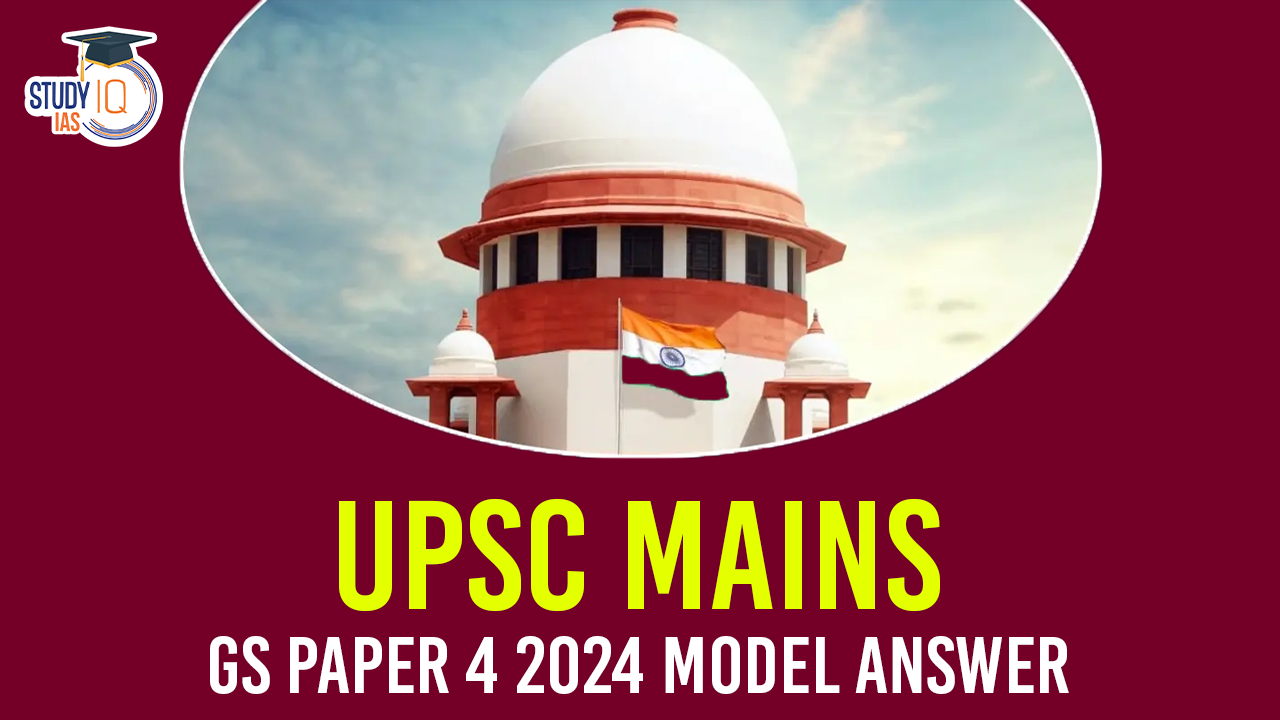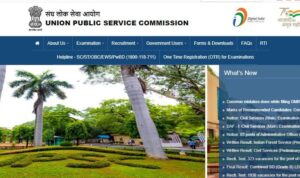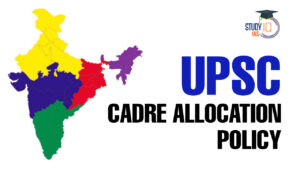Table of Contents
- 11 With the summer heat being exceptionally severe this year, the district has been facing severe water shortages. The District Collector has been mobilising his subordinate officials to conserve the remaining water reserves for preventing the district from plunging into an acute drinking water crisis. Along with an awareness campaign for conserving water, strict measures have been taken for stopping the over-exploitation of groundwater. Vigilance teams have been deployed to tour the villages and find the farmers who are drawing water from deep borewells or from the river reservoir for irrigation. The farmers are agitated by such action. A delegation of farmers meets the District Collector with their issues and complaints that while they are not being allowed to irrigate their crops, big industries located near the river are drawing huge amounts of water through deep borewells for their industrial processes farmers allege that their administration is anti-farmer and corrupt, being bribed by the industry. The district needs to placate the farmers as they are threatening to go on a prolonged protest. At the same time, the District Collector has to deal with the water crisis. The industry cannot be closed as this would result in a large number of workers being unemployed.
- Discuss all options available to the District Collector as a District Magistrate.
- What suitable actions can be taken in view of mutually compatible interests of the stakeholders?
- What are the potential administrative and ethical dilemmas for the District Collector?
Introduction:
In the introduction, you have to mention the principle on which the case study is based.
The given scenario presents a district facing an acute water crisis due to severe summer heat. The District Collector is tasked with balancing the conflicting interests of multiple stakeholders, including farmers, industries, and the broader public while addressing the water shortage. The situation raises several administrative and ethical dilemmas.
Stakeholders:
- District Collector: Responsible for managing the water crisis and ensuring the welfare of all citizens.
- Farmers: Facing water shortages for irrigation, they claim unequal treatment compared to industries.
- Industries: Essential for local employment but accused of over-exploiting water resources.
- General Public: Dependent on drinking water supply, vulnerable to the water crisis.
- Government: Setting policies for water management and industrial regulation.
Ethical and Administrative Dilemmas for District Collector:
- Water Allocation: The dilemma arises in balancing the right to water for irrigation with the need to conserve water for drinking purposes.
- Equity vs. Economic Growth: Ensuring equitable water distribution while not harming industrial activity and employment creates a conflict.
- Public Trust: Farmers’ perception of corruption and bias toward industries erodes trust in governance, making it challenging for the District Collector to maintain authority and legitimacy.
- Sustainability vs. Immediate Needs: The short-term needs of farmers for irrigation conflict with the long-term goal of conserving water for drinking purposes.
- Rule of Law vs. Social Harmony: Enforcement of water conservation laws can lead to unrest among the farming community.
Options Available to the District Collector:
Option 1: Dialogue and Engagement with Farmers
- Merits:
- Engaging with the farmers and listening to their concerns fosters trust and cooperation.
- Allows the District Collector to explain the gravity of the water crisis and the need for temporary restrictions.
- This approach can prevent large-scale protests and social unrest.
- Demerits:
- Farmers may remain dissatisfied if their immediate needs are not met.
Option 2: Equal Enforcement on Industries
- Merits:
- Addressing the farmers’ concerns about industrial water use would improve the perception of fairness and transparency.
- Partial restrictions on industries could ensure that they contribute to water conservation efforts.
- Aligns with the ethical principle of fairness (Virtue Ethics), ensuring that all stakeholders bear some responsibility.
- Demerits:
- Reducing water supply to industries could result in job losses, affecting the local economy.
- Industries might lobby against such restrictions, complicating implementation.
Option 3: Creation of a Water-Sharing Model
- Merits:
- A water-sharing model could be implemented where a fixed amount of water is allocated to both farmers and industries.
- This can be done in consultation with hydrological experts to determine a sustainable amount.
- Encourages collaboration and reduces the perception of bias.
- Demerits:
- Implementing such a model requires time and complex coordination, which may not be feasible in the short term.
- The available water resources may still be insufficient to meet the demands of both parties.
Option 4: Implement Immediate Water Conservation Technologies
- Merits:
- Promoting drip irrigation or water-efficient technologies for farmers can optimize the use of the limited water supply.
- Encouraging industries to adopt water recycling processes can reduce water consumption while maintaining operations.
- Demonstrates a proactive, solution-oriented approach to the crisis.
- Demerits:
- Immediate implementation might be challenging due to resource constraints.
- Farmers and industries may resist adopting new technologies due to cost and lack of familiarity.
Option 5: Vigilance and Transparency in Water Use
- Merits:
- Deploying third-party audits and transparency mechanisms can ensure fair monitoring of water usage by both farmers and industries.
- Enhances accountability and restores public trust by addressing accusations of corruption and bias.
- Demerits:
- Time-consuming process that may not resolve immediate concerns.
- Possible resistance from both industries and farmers, who may view this as government overreach.
Suitable Actions for the District Collector:
- Short-term Measures:
- Hold consultations with farmers and industries to establish a clear, temporary water-sharing plan that emphasises the urgency of conserving water.
- Issue directives to industries to limit water usage and adopt recycling technologies, while allowing some operational flexibility to prevent job losses.
- Enhance transparency by publicly displaying water consumption data for both industries and farmers.
- Launch an awareness campaign focusing on the shared responsibility for water conservation.
- Long-term Measures:
- Promote water-efficient agricultural practices like drip irrigation and mulching among farmers to reduce water usage in the future.
- Encourage industries to invest in water recycling and conservation technologies through government subsidies or incentives.
- Strengthen local water governance mechanisms and set up village-level water committees to oversee fair water distribution.
Conclusion:
The District Collector must balance immediate water conservation needs with the interests of farmers and industries. A combination of dialogue, transparency, and equitable enforcement of water restrictions can help ease tensions and address the ethical concerns of fairness and accountability. A focus on long-term solutions, such as promoting water-efficient technologies, will ensure sustainable water management, preventing future crises.


 How Much Do You Need to Score to Top the...
How Much Do You Need to Score to Top the...
 UPSC Topper Marksheet 2024: Subject-Wise...
UPSC Topper Marksheet 2024: Subject-Wise...
 UPSC Cadre Allocation Policy 2025 for IA...
UPSC Cadre Allocation Policy 2025 for IA...





















